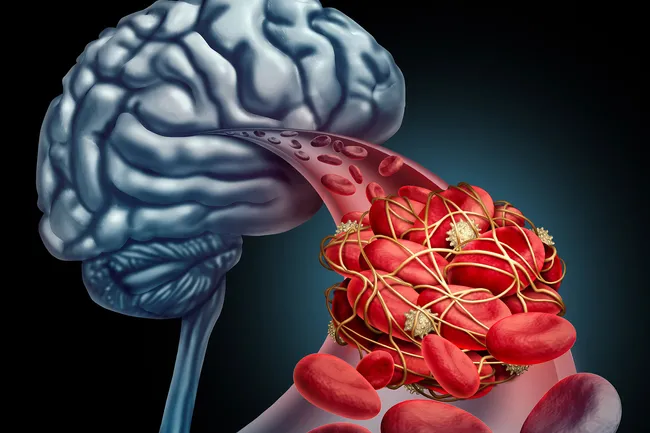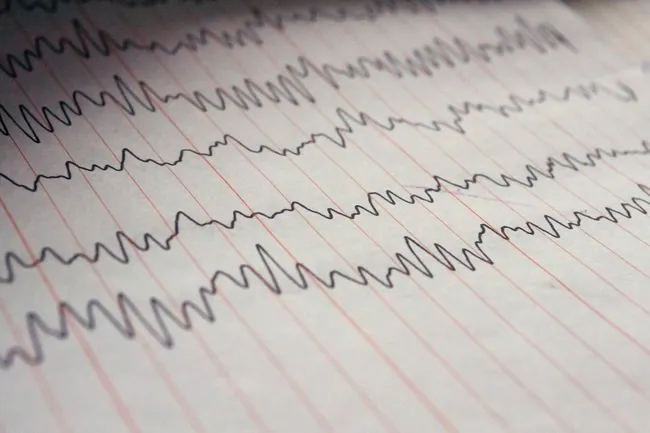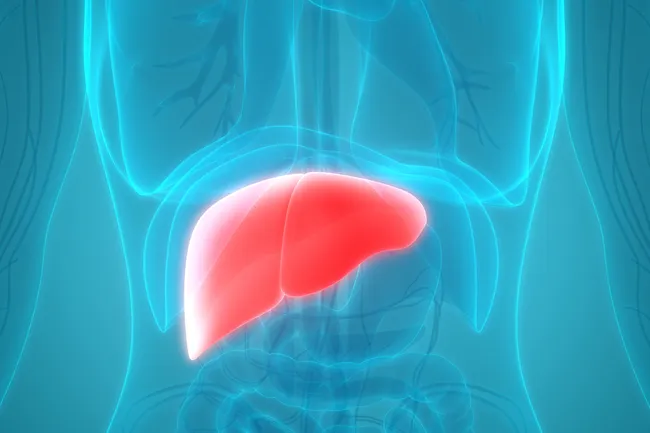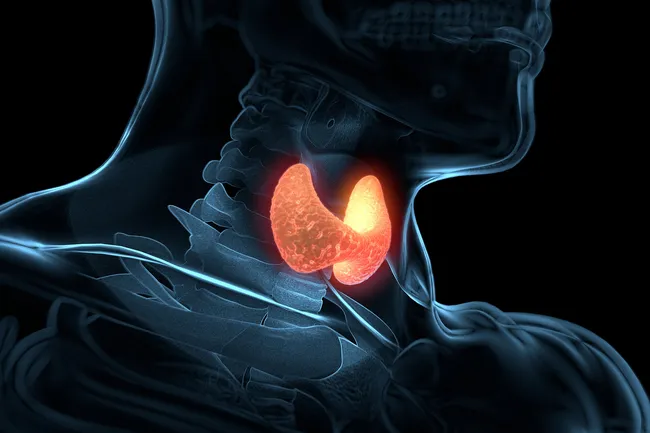How to Cope With Your Anger

1
/
14
Stroke
Your mood can be hard to manage after you’ve had a stroke, especially if you had damage to the part of your brain that helps regulate your emotions. It’s typical to feel frustrated, anxious, sad, and angry.
Swipe to advance

2
/
14
Alzheimer’s Disease
Mood and personality changes can be an early sign of this. Often these changes show up as irritability or getting easily upset, especially when you’re out of your comfort zone. It’s worth taking note if, in addition to being angry, you become forgetful, confused, or you start struggling for words.
Swipe to advance

3
/
14
Autism
When you have autism, an unplanned change can be harder to handle. A simple disruption in your schedule may be enough to set you off. Aggression, overreaction to loud sounds or noises, and even hurting yourself can all be symptoms of autism.
Swipe to advance

4
/
14
Depression
Feeling irritated at everyone and everything? Agitated and restless and you don’t know why? Depression often comes with a side of anger, which can make you frustrated for what seems like no reason. You can also be prone to angry outbursts.
Swipe to advance

5
/
14
Diabetes
A big dip in your blood sugar can bring a big change your behavior. You may find yourself angry, crying, or confused. If you’ve had diabetes for a while, you may not have the milder symptoms of low blood sugar and skip right to these more serious symptoms.
Swipe to advance

6
/
14
Epilepsy
It’s rare, but a certain type of epileptic seizure called a simple partial seizure (one you have while you’re awake that affects only one side of the brain) can mess with your emotions and cause feelings of anger and rage.
Swipe to advance

7
/
14
Liver Failure
When your liver isn’t able to filter toxins out of your body like it should, they can build up and affect your brain. That can cause serious side effects, which can include mood and personality changes and irritability.
Swipe to advance

8
/
14
PMDD
Irritability and anger are normal when you have premenstrual syndrome (PMS). But if you find yourself in out-of-control rages and serious mood swings 1-2 weeks before your period, you could be dealing with a more severe condition called premenstrual dysphoric disorder (PMDD).
Swipe to advance

9
/
14
Menopause
Anger is more likely to happen during the months and years leading up to menopause than after you’ve reached menopause itself. The shifts in your hormones as your body moves toward having fewer -- and then no more -- periods can cause many symptoms, including mood changes.
Swipe to advance

10
/
14
Overactive thyroid
If your thyroid works overtime, that can make you nervous, restless, anxious, and irritable. But you’ll likely have other symptoms, too, like weight changes or bowel issues.
Swipe to advance

11
/
14
Wilson’s Disease
This is a genetic disorder that keeps your body from getting rid of extra copper. It has serious effects, including mental changes. It’s common for your mood, personality, and behavior to all change as a result.
Swipe to advance

12
/
14
Medication
If you’re taking medicine called statins to lower your cholesterol, it’s important to know that they can make a psychiatric problem or behavior change more likely for you. For some people, these drugs can cause aggressive, angry, and violent behavior.
Swipe to advance

13
/
14
How to Spot an Anger Problem
Anger is a normal emotion, but if you find you’re flying off the handle frequently or sense your feelings simmering below the surface enough that it’s affecting your everyday life, it’s time to take stock.
You might have a problem if your anger is often intense, you hold on to it for a long time, and have gotten verbally or physically abusive because of it.
Swipe to advance

14
/
14
Ways to Ease Your Anger
Even if you have a medical reason for your anger, you can still work to control it. Exercise, deep breathing, visualization, and muscle relaxation can help with your body’s response. You can also work to avoid triggers for your anger, and learn ways to adjust your thinking to create different reactions. Your doctor can get you started.
Swipe to advance
- Get link
- X
- Other Apps